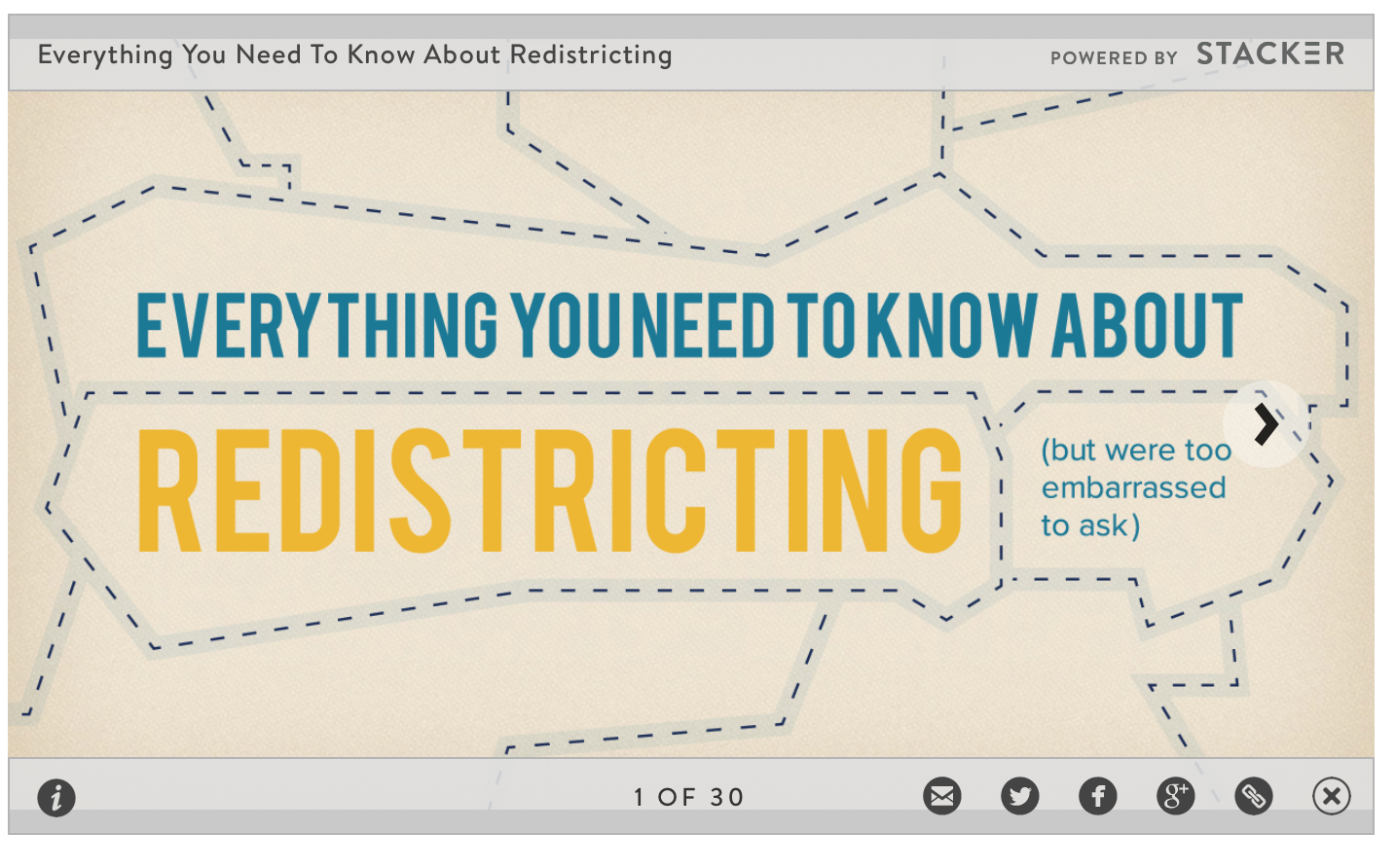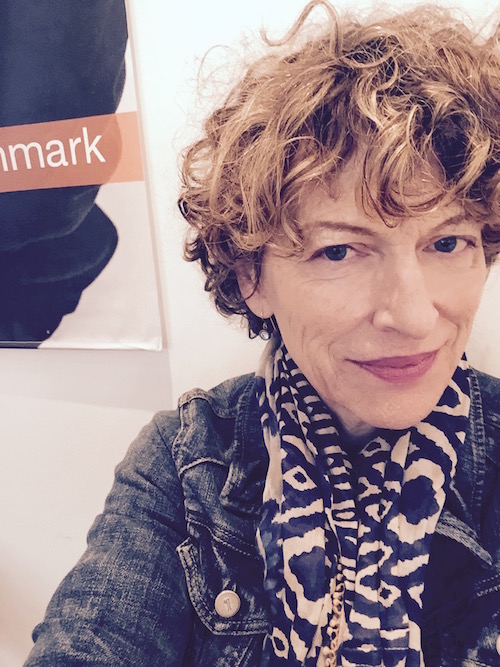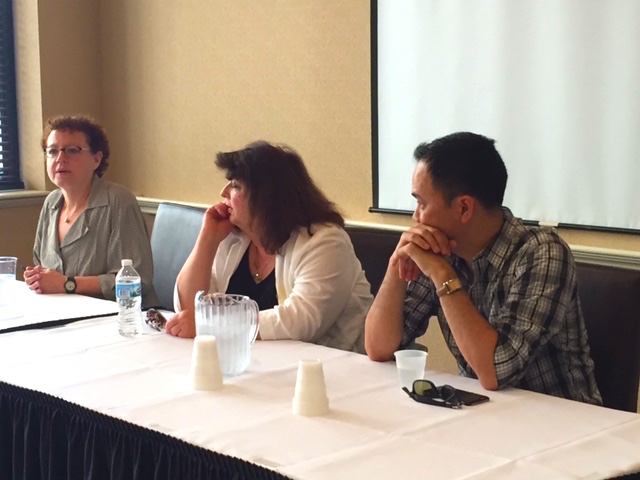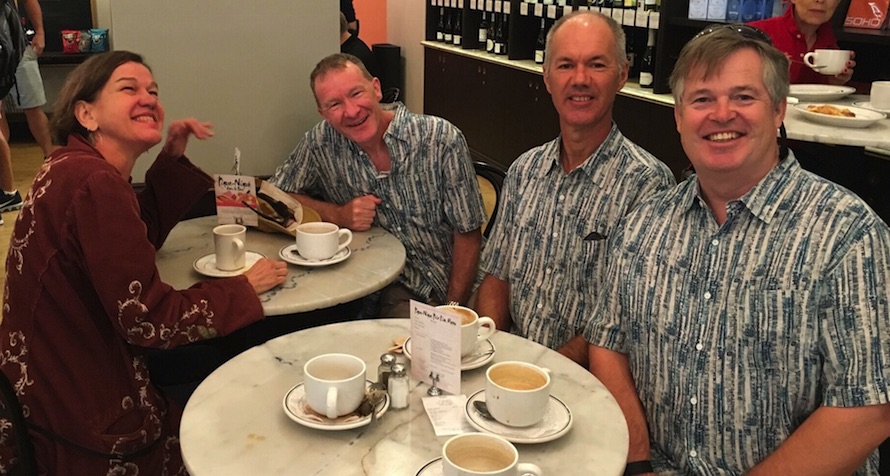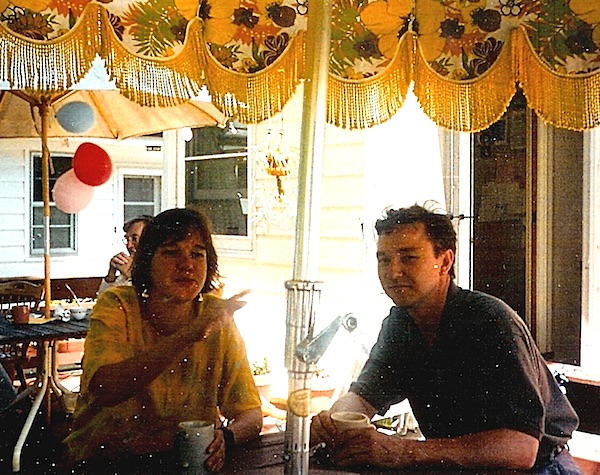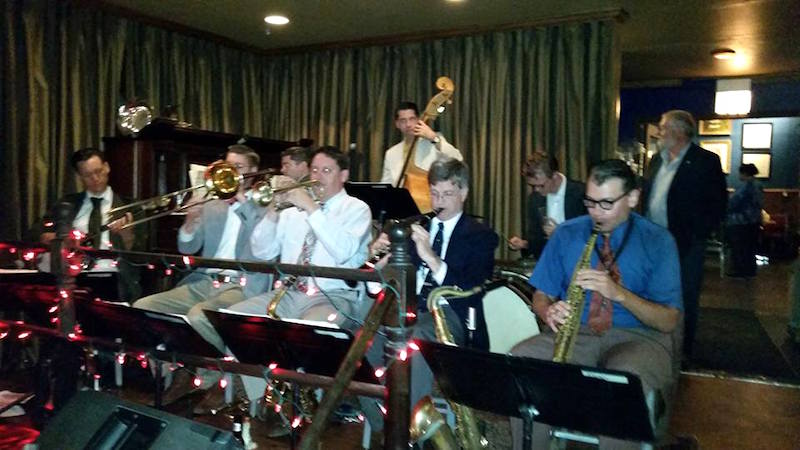Mondays with Mike: Act locally
June 20, 2016 • 6 Comments • Posted in Mike Knezovich, Mondays with Mike, UncategorizedWith all the passion and angst and fear and — in some quarters joy — attending the presidential election this year, it’s easy to forget Tip O’Neill’s favorite maxim: All politics is local.
Of course presidential elections matter (see Supreme Court), but in my view, real change bubbles up, it doesn’t trickle down. Attention must be paid to state and local politics.
Here in Illinois political dysfunction has produced a nearly dystopian situation. We haven’t had a budget, not to mention a serious plan for addressing long-term pension problems, for going on two years now. Like many other states, Illinois has financial problems. Unlike most other states, Illinois has not been paying its bills, which has put a real hurt on a lot of people. As usual, the pain started with human services. But it’s spreading And today this: Mt. Sterling, a small downstate town that supplies water to a medium-security prison—is threatening to shut off the supply because the state owes it $370,000.
Meanwhile, a showdown between Republican Governor Bruce Rauner and Democratic House Speaker Michael Madigan continues the budget paralysis. What’s worse is that between them, sorry, I can’t find one to root for, and I blame them both.
It can make you throw up your hands and give up.
But don’t do it.
Here’s something else those of us in Illinois can do. I was reminded (thanks Regan!) of a long-running campaign aimed at cleaning up the redistricting process. Redistricting happens every ten years, based on census numbers. Unfortunately, it’s also based on the needs and wants of political operators who want to protect their turf or gain more. Here’s a nifty slide show explanation in case you’ve forgotten civics class:
Redistricting is an utterly boring subject in a way and also supremely important. This gerrymandering has been show to be at least part of the polarization across the United States, as well as the paralysis of the kind we’re experiencing now in Illinois. A nonpartisan and committed group called Independent Maps has been collecting signatures for a petition to put a constitutional amendment on this fall’s ballot. The amendment would clean up the redistricting process.
The Board of Elections just validated the signatures—a major hurdle. It’s now headed to court where, ahem, Michael Madigan’s favorite lawyer is fighting against it.
A similar effort was ruled unconstitutional a few years back, but this effort was crafted to avoid that fate. You can learn more at the Independent Maps site, where you can also donate or help with you time by writing letters and advocating.
It’s concrete. It would make real difference now and moving forward. I hope you’ll support the effort.
And vote this fall!
